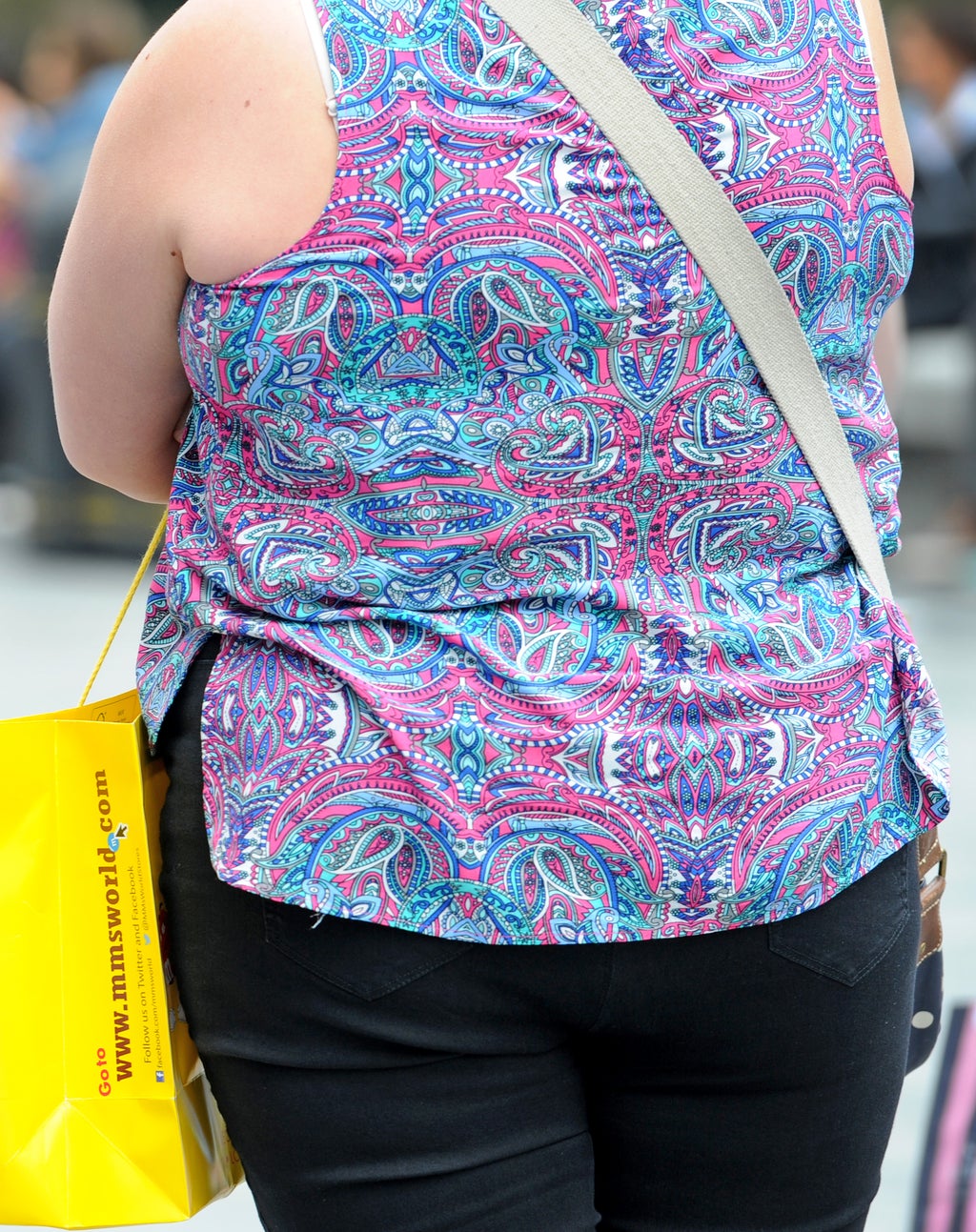
Women were more likely than men to gain weight during the first year of the Covid-19 pandemic, a study suggests.
Experts also found that both sexes under the age of 45 were more likely to put on the pounds than those in other age groups.
However, the research found that the vast majority of people stayed around the same weight or did not move into another weight category, according to their body mass index (BMI).
This is at a time when awareness was growing of the fact severe Covid-19 is affected by weight.
The new research, on almost a million adults in the UK, is being presented at the European Congress on Obesity in Maastricht.
It used data from the Clinical Practice Research Datalink (CPRD) of more than 200,000 UK GP practices, which includes information on BMI just before lockdown in March 2020, and in the year or so afterwards.
Of 938,164 people included in the initial analysis, 32% were classed as a healthy weight before lockdown, while 35% were overweight and 33% were obese.
Of those who were obese, they were regarded as either class 1 (BMI of 30 to 35), class 2 (35 to 40) or class 3 (over 40).
Some 58% of those in the study were female and 83% were white.
Deeper analysis of 273,529 people found that most (83% to 93%) remained in the same BMI category before and after lockdown.
Of those who were a healthy weight, 83% remained in the same BMI category post-lockdown, 14% became overweight or obese, and about 3% moved into the underweight category.
Of those who were overweight, 11% gained weight while 12% lost weight.
Prolonged periods of lockdown disrupted daily routines making it challenging for people to eat healthily and keep fit
Meanwhile, of those who were obese, 9% lost weight and moved down to the overweight, normal or underweight categories, while 5% moved up at least one category.
The study found that more women than men gained weight. For example, in the overweight category, 13% of women versus 9% of men became obese.
Similarly, compared with older age groups, those aged younger than 45 were more likely to gain weight and move up at least one BMI category post-lockdown.
In one example, 17% of younger, overweight adults moved into obese categories post-lockdown, compared with 7%-13% of those in the other age groups.
The implications of even modest weight gain could translate into more diabetes, heart disease and cancers
The authors, including from the University of Leicester and Leicester General Hospital, said that overall more women than men moved up a weight category, while people aged over 75 “were more likely to lose weight compared to other age categories post lockdown”.
Dr David Kloecker, who worked on the study, said: “Prolonged periods of lockdown disrupted daily routines making it challenging for people to eat healthily and keep fit, with emotional eating and sports club closures likely intensifying the trend.
“Nevertheless, more research is needed to understand the reasons behind these changes in body weight and obesity levels.”
Professor Thomas Yates, who also worked on the research, added: “The implications of even modest weight gain at a population level in younger adults and women could translate into more diabetes, heart disease, cancers and other serious obesity-related health problems over the coming decades in these populations unless action is taken to reverse the effects of lockdown.
“These data also suggest societal inequalities, with black individuals more likely to put on pandemic weight and move up at least one BMI category compared to other ethnic groups.”







